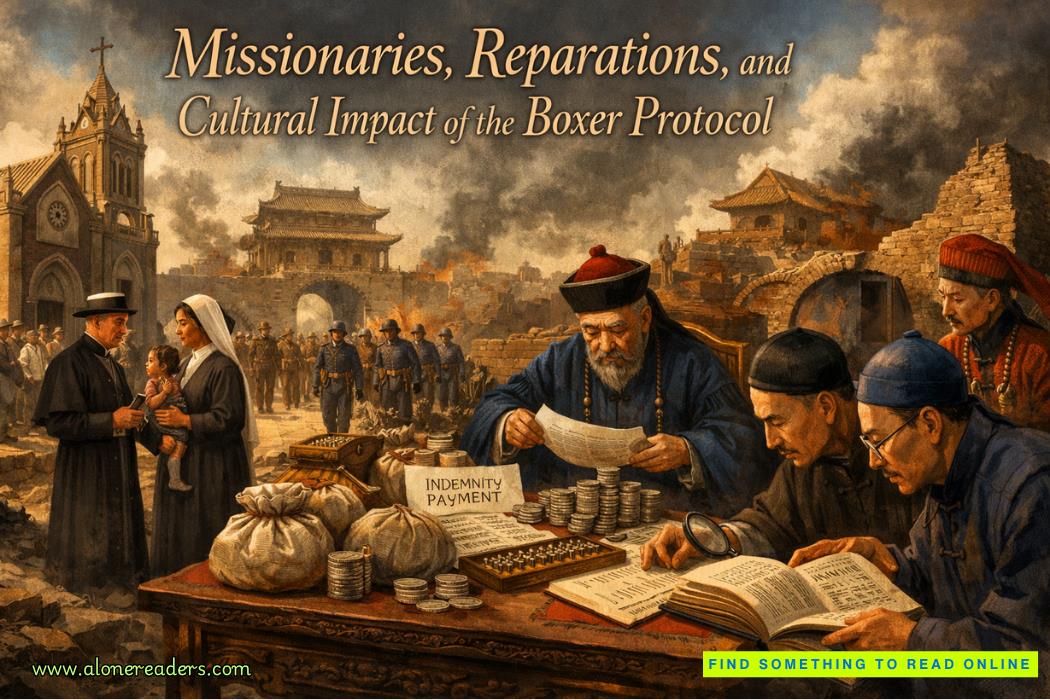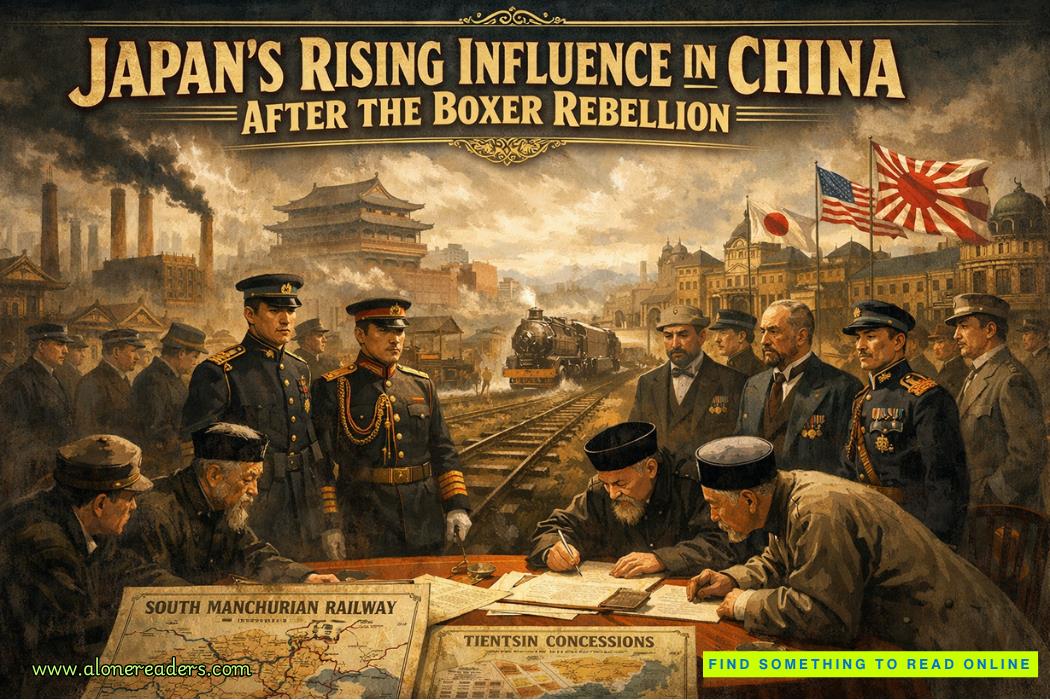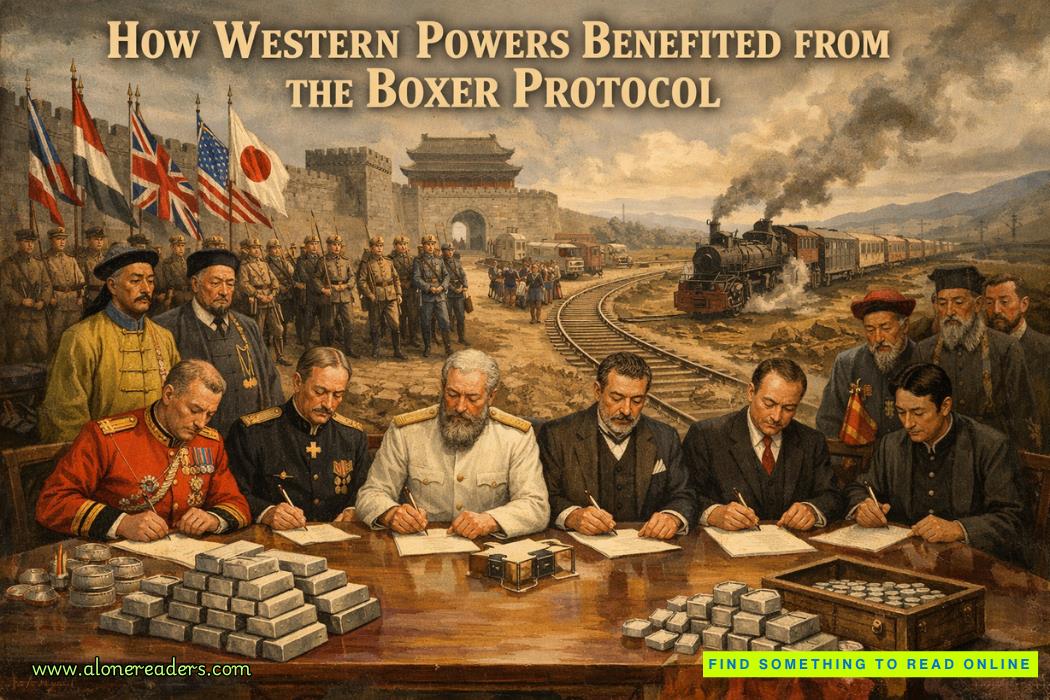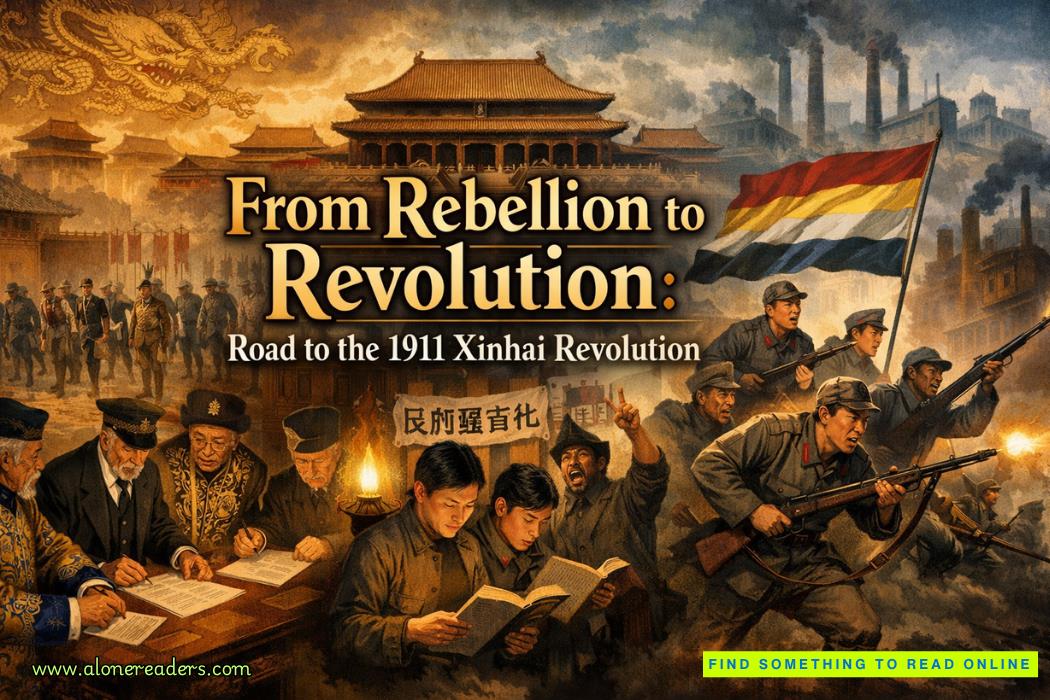Not once in a single meeting had Frida uttered a syllable. Donna could never figure out why the woman showed up night after night only to sit there like a statue.
“Hi, Frida.” Irene smiled while everyone else wordlessly waited, too stunned and incredulous to speak.
“I’m Frida,” she said again, staring at the wall directly behind Donna’s head. “And I’m addicted to quilting.”
Mac sputtered as he took a sip of water, chuckling at what he assumed to be a joke.
Frida whipped her head around, pinning him with a withering glare.
“Sorry,” he mumbled, shrinking into his seat.
“It started when I was a young girl,” Frida continued, directing her dismissive gaze back toward the wall. Although she sat with shoulders back and chin raised, Donna noticed a slight tremble in the woman’s hands. “Most nights, my father stopped at the pub after work. Just to grab a pint or two with the lads, he’d say. But by the time he came home, he’d become a completely different man than when he left that morning.”
An ominous haze permeated the room, as if they all knew too well what that meant. Donna swallowed a sickening dread rising in her throat like bile.
“I’d hide in the sewing closet until it was over,” Frida confessed with a calm, practiced passivity, although Donna knew, deep inside, the woman’s heart was breaking anew. “I’d pass the time by stitching scraps of fabric together in the light of a single flickering bulb. I liked turning the discarded, damaged remnants into something beautiful and useful.” Her harsh features softened a moment before returning to their former stoic state. “As I got older, the habit transcended my hiding place. Whenever I succumbed to stress or anxiety, I’d quilt to calm my nerves. My coping mechanism became a crutch, then a vice. And I cannot abide a vice. It’s a weakness.” Her piercing eyes flashed with self-reproof.
“It will come as no surprise that my father died of liver disease,” she said with a matter-of-fact finality. “The doctors warned him, given his propensity to drink to excess. On his deathbed, when we all faced the inevitable, I asked him why he simply didn’t stop drinking. You know what he said?” Frida met her gaze with an unnerving intentionality. “He said it was easier to die drunk than live sober.” Something shifted in Frida’s eyes, like a veil lifting, revealing a secret sentiment Donna had never seen the woman bestow on anyone before, let alone on her. In the woman’s open, vulnerable gaze, she glimpsed raw, unadulterated respect.
After gifting her with a short, almost imperceptible nod, Frida glanced around the circle. “Those of us in this room know that the easiest choice isn’t always the right one. We also know that when we make the hard choice—sometimes more than once—we don’t have to do it alone.”
A wave of affection and appreciation washed over Donna, directed at the most unlikely person. She’d been drowning, and Frida Connelly had reached out her hand, offering a lifeline not only to her, but by proxy, to Stephanie, as well.
She may not know where Stephanie was at this exact moment, but she wouldn’t give up until she found her. Because if her daughter, and this town, had taught her anything, it’s that love always hopes and always perseveres.
CHAPTER35
RHETT
Irene was the last to leave the town hall, slipping out the front door and down the ramp Bill and a few others had constructed recently. In her absence, the door hung slightly ajar, and boisterous, twangy music heavily featuring the banjo and fiddle carried through the crevice.
“How are you doing?” Rhett asked, his arm looped around Donna’s waist as they stood in the stillness of the empty room.
“Better. But it’s hard not knowing where she is.”
Rhett drew her closer, his chest heaving as she rested her head on his shoulder. Even in hard times like this—battling the worry and frustration over not being able to find someone who needed their help—he recognized the gift of going through it together. Donna had invited him into her life, both the good and the bad, and in doing so, into her heart. He never wanted to take the privilege for granted.
“We don’t have to go to the dance, you know,” he told her. “We can stay here or go somewhere quiet.”
“Thanks.” She smiled up at him, and the sight made his heartbeat stop. “But I think I’d like to go. There was a time when I never thought I’d say this, but I’d actually like to be surrounded by friends right now.”
“Then, allow me.” He removed his hand from her waist, holding out the crook of his elbow instead.
With another smile, she linked their arms, and they strolled toward the door together.
“I’ve been meaning to tell you,” he said in a soft, low whisper, leaning in close enough to smell her sweetly scented hair. “You look incredible.”
“Thank you.” She tucked a silky strand behind her ear, blushing beneath his compliment.
It took considerable effort to take his eyes off her long enough to push open the door, plunging them both into the warm glow of golden, twinkling lights, laughter, and a spirited display of do-si-do.
Throughout the night, they joined in the breathless dancing and mingled among friends, sipping sarsaparilla and munching Eliza’s Motherlode Mounds, which were essentially enormous brownies with gold nuggets—aka caramelized hazelnuts—hidden inside. Most of the conversations revolved around Reed and Olivia’s impromptu wedding that morning and their subsequent plans to honeymoon in Morocco for the Rose Festival in May.
Periodically, he’d noticed Donna staring into the distance, her expression pensive, and he’d squeeze her hand, silently checking in, making sure she was okay. Each time, she’d meet his gaze with a grateful smile, and the rest of the world would disappear. No matter what the future held, he could say with unwavering certainty that he’d met the person he wanted by his side through it all.
He had an inkling he wasn’t the only one having similar thoughts when the band abruptly stopped midsong and the lively music gave way to a dulcet penny whistle solo by Bill Tucker. Rhett recognized the tune of “True Love Ways” by Buddy Holly as the cluster of dancers backed away, forming a circle around Irene and her current dance partner—her son, Landon—in the center of the town square. Landon bent and kissed his mother’s cheek, whispering something in her ear, before slipping away to stand beside his girlfriend, Sadie, who watched the unfolding scene with happy tears in her eyes.
“Is what Ithinkis happening really happening?” Donna murmured, sounding a little nonsensical in her surprise.















